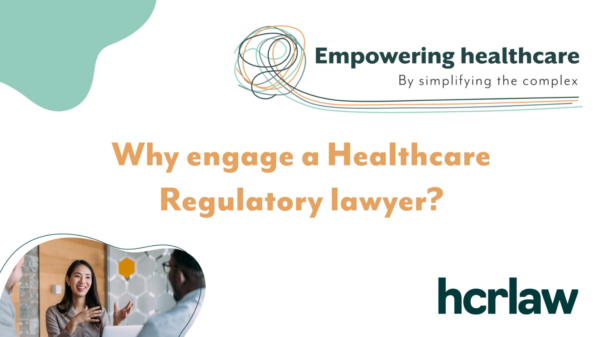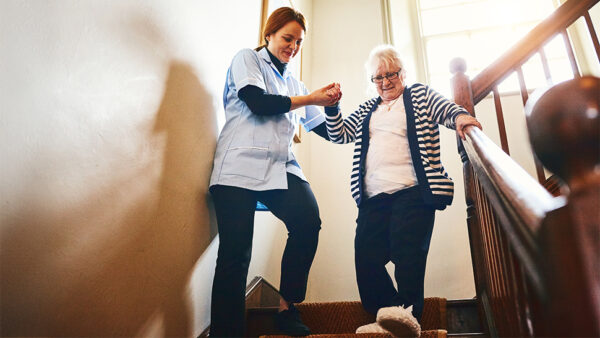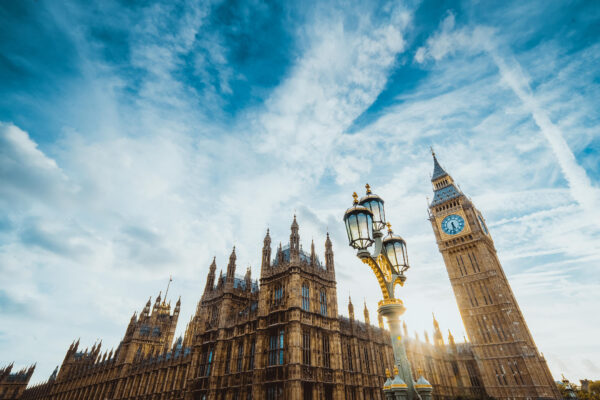
The importance of understanding the impact of a CQC investigation on dentists
8 September 2023

Whilst it is well known that healthcare regulators share information with one another to protect patient safety, it would appear from looking at recent General Dental Council (“GDC”) Fitness to Practise (“FTP”) decisions that there has been an increase in referrals emanating from the Care Quality Commission (“CQC”).
Memorandum of Understanding
The CQC has a Memorandum of Understanding in place with the GDC which specifically states that the CQC will refer:
- Any relevant information which calls into question a dentist or dental care professional’s (“DCP”) FTP
- A dental practice or organisation’s suitability to be a GDC learning environment for dental and DCP students.
In turn, the GDC have agreed to refer information to the CQC which:
- Calls into question a dentist or health care organisation’s CQC registration
- Concerns surrounding the robustness of appraisal systems and clinical governance.
Whilst it is not yet known how many referrals have been made to the CQC by the GDC, a recent freedom of information request has revealed that:
- Between 1 January 2021 and June 2023, the CQC made 15 referrals to the GDC
- Of those 15 referrals, the GDC issued 11 Notices of Investigation to dentists.
By way of comparison, and when asked for the same information, the General Medical Council confirmed they had received 30 referrals from the CQC and issued only three Notices of Investigation – Rule 7 letters – to the doctors involved.
FTP decisions
A recent review of the GDC’s ‘Dental Professional Hearings Service’ website has shown that recent FTP decisions concern:
- A dentist providing regulated activity without being registered with the CQC (which is a criminal offence)
- A dentist being suspended from providing regulated activity by the CQC owing to public safety following an inspection (resulting in the dentist unable to practice during the suspension)
- A dentist’s CQC registration being urgently suspended by the CQC and their Action Plan deemed unsuitable to meet the risk(s) presented.
Looking across the healthcare sector, it is not just dentists finding themselves in hot water with their professional regulator as a result of a CQC inspection or finding. Doctors have faced allegations of anomalous prescribing and poor clinical practice following a CQC inspection, whilst nurses have faced allegations of providing non-contemporaneous documents to the CQC and attempting to disrupt a CQC inspection.
It would appear from these decisions that healthcare practitioners, as a whole, may not be fully aware of the impact a CQC inspection or outcome can have on their professional registration. It is vital, therefore, that healthcare practitioners understand both their individual and CQC regulatory requirements and seek legal advice at the first available opportunity. As a very quick overview of CQC regulation:
- If a dentist is providing “regulated activity” in England, e.g., treatment of disease, diagnostic and screening procedures, surgical procedures and so on, they will need to be individually registered if a sole practitioner or the practice where they are employed or contracted will need to be CQC registered.
- If a dentist, either as an individual or director of a dental practice, receives a Notice of Decision (“NOD”); whether to limit, suspend or cancel CQC registration, constituting a finding, legal advice should be obtained regarding making a self-declaration to the GDC or National Health Service (“NHS”).
Whilst a CQC Notice of Proposal (“NOP”), which can lead to a NOD is concerning and overwhelming, dentists should contact their indemnity providers or insurers, or obtain independent legal advice. In doing so, and where assisted, the associated stress and personal element can be removed and robust, objective legal arguments can be made on the dentist’s behalf to challenge a NOP or appeal a NOD.
Self-declarations
As outlined above, and if in receipt of a NOD, a dentist must be alert to their professional obligations. Standard 9.3.3 of ‘Standards for the Dental Team’ states that a dentist “must inform the GDC immediately if a finding has been made against [their] registration by another healthcare regulator, either in the United Kingdom or abroad”. Before making a self-declaration however, dentists should seek advice from their indemnifier or insurer or obtain independent legal advice on the information to be included.
Lastly, and often forgotten when caught up in CQC or GDC proceedings, a dentist with an NHS Dental Performers List number will also be required to notify the NHS in accordance with their obligations.
Regulation 9(2) of The NHS (Performers Lists) (England) Regulations 2013 (“Regulations”) states that a practitioner, in a Performers List, must make a declaration if she or he
“…(i) is informed by any regulatory or other body of the outcome of any investigation which includes a finding adverse to the Practitioner” and “(j) becomes the subject of any investigation by any regulatory or other body”.
Once again, dentists should contact their indemnifier or insurer for assistance or obtain independent legal advice when making a declaration to the NHS given the overlap with CQC and GDC proceedings, and to ensure the correct information is provided.
Conclusion
Being CQC regulated is a necessary part of owning a dental practice or providing dental services, where a sole practitioner, and the implications of receiving a CQC NOD can adversely impact a dentist’s GDC or NHS registration.
CQC enforcement action should not be underestimated and legal advice should be obtained at the earliest opportunity.










